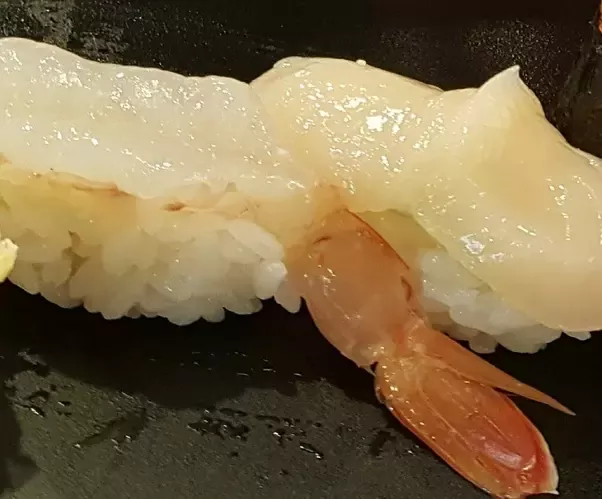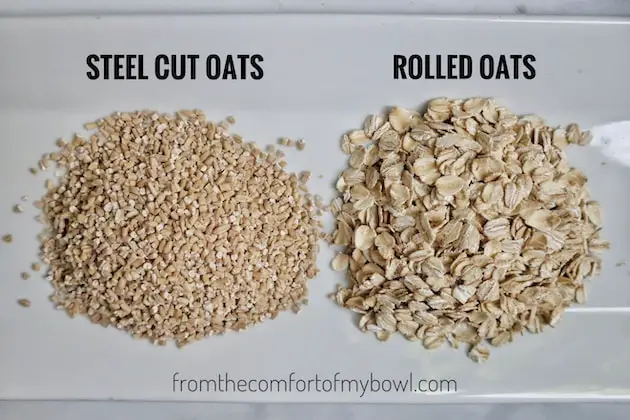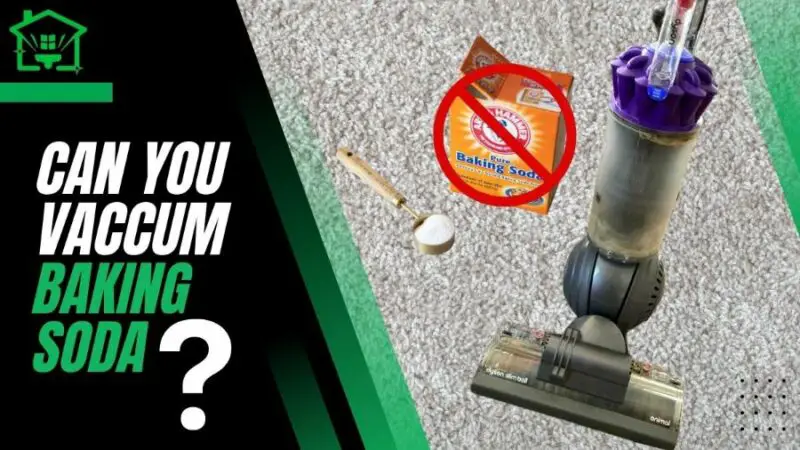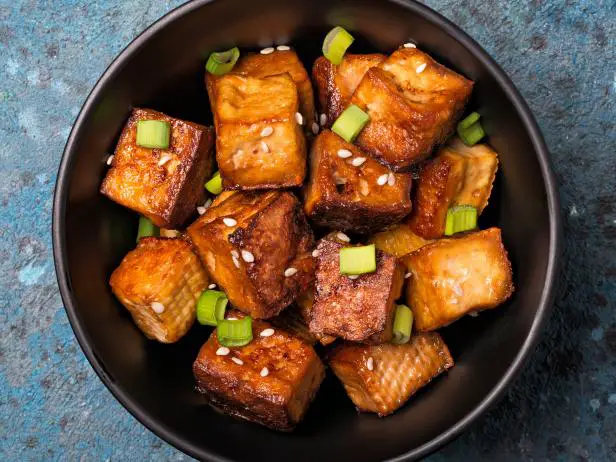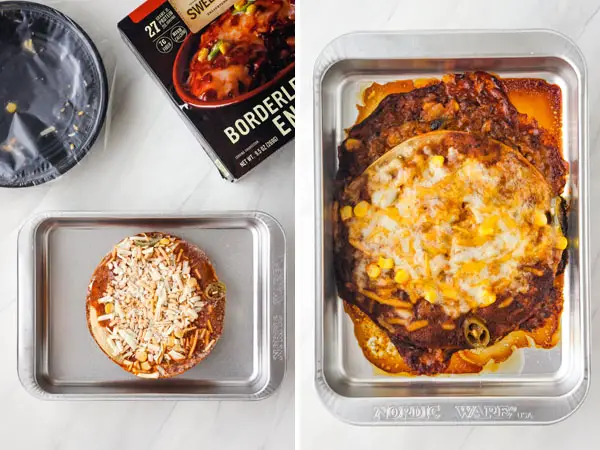Cooked shrimp is a popular seafood item often sold in grocery stores and markets. For years, there has been a debate on whether or not to rinse the cooked shrimp before consuming it. Some people argue that rinsing is essential as it removes any foreign substances, while others believe it alters the texture and flavor of the shrimp unnecessarily. In this article, we will address both sides of the argument and provide practical tips for safely handling cooked shrimp.
What Is Cooked Shrimp?
Cooked shrimp refers to any type of crustacean that has been prepared by boiling, steaming, grilling or frying after it has been harvested from its natural habitat. It comes in different varieties such as cocktail shrimp, popcorn shrimp, jumbo shrimp and more.
Nutritional Value and Benefits of Cooked Shrimp
Cooked shrimp is low in calories but high in protein content. It’s also an excellent source of vitamins like B12 and minerals such as Zinc which support immune function.
Why Some People Rinse Cooked Shrimp from the Store
One reason why some people rinse cooked shrimp prior to consumption is that they may be concerned about bacterial contamination. Although pre-cooked products like store-bought cooked shrimp are generally considered safe to eat directly out of the package; however, sometimes these products have bacterias on them due to various reasons such as unhygienic handling by store workers or unsafe storage facilities. Rinsing the cooked shrimp under running water can remove any unwanted dirt or bacteria present on it.
Texture Changes
However, rinsing seafood such as cooked-shrimps can also alter their texture. The delicate nature of prepared seafood means that rinsing makes them too watery; therefore, affecting its overall taste once consumed.
Health Risks Associated with Eating Raw or Undercooked Shrimp
Seafood needs proper preparation because consuming raw shellfish like clams carried by contaminated waters can cause serious infections such as Vibrio or Salmonella. V. vulnificus bacteria and parahaemolyticus in undercooked shrimp can also lead to infections. As a result, people are often advised not to eat raw or partly cooked seafood.
Why Some People Do Not Rinse Cooked Shrimp from the Store
One reason why some opt to skip rinsing their store-bought, pre-cooked shrimp is that these prepared-to-eat foods have undergone rigorous sanitation and preparation processes before they are sold. By not washing the shrimp, one may prevent any alterations in taste and texture described earlier.
Controversies Surrounding Rinsing Cooked Shrimp
The main argument in this controversy is whether it’s necessary to rinse every type of cooked seafood before consumption. Some people prefer cooking their own food because it assures them of safety since they can take extra steps for sanitization such as salting or soaking with vinegar water while some don’t care about proper cleaning because cooked items like store-bought boiled shrimp have undergone all these steps beforehand.This has led to many opinions on either side of the discussion; ultimately boiling down (pun intended) to personal preferences.
Best Practices for Handling Cooked Shrimp
- Store properly: Keep cooked shrimp refrigerated at 40°F (4°C) until ready for use.
- Cross-contamination avoidance: Prevent cross-contamination by storing uncooked foods separately from cooked ones.
- Personal sanitation: Always wash your hands thoroughly before preparing or eating any food item.
- Proper handling: Use utensils such as tongs or gloves when handling precooked shrimps instead of bare hands.
Conclusion
So do you need to rinse your store-bought, prepared-to-eat shrimp? Well, it depends entirely on personal preferences and needs but there isn’t a rule that you must always rinse every type of prepared seafood before consuming it. If you prefer to rinse, then do so but with caution to avoid altering the shrimp’s texture and taste unnecessarily. Remember, following the best practices for preparation and storage of seafood helps minimize risks associated with bacterial contamination and ensures that each meal is safe and enjoyable!
Q&A
- Q: Is it necessary to rinse cooked shrimp from the store before consuming? A: There is no definitive answer to this question, as opinions tend to vary. Some people argue that rinsing the shrimp can help remove any excess salt or additives that may have been used during cooking and packaging. However, others believe that because the shrimp has already been cooked, there is little risk of contamination and, therefore, no need for rinsing.
- Q: Are there any potential health risks associated with eating store-bought cooked shrimp without rinsing? A: While there are no specific health risks associated with eating un-rinsed cooked shrimp from the store, it is always important to be cautious when consuming seafood products. Shrimp can be prone to bacterial contamination if not handled properly, so make sure to follow all storage and preparation guidelines.
- Q: Can rinsing cooked shrimp affect its taste or texture? A: Yes. Rinsing cooked shrimp may cause it to lose some of its flavor and become soggy in texture. For those who value the taste and texture of their seafood dishes, it may be best to skip the rinse altogether.
- Q: What should I consider before deciding whether or not to rinse my cooked shrimp from the store? A: When deciding whether or not to rinse your cooked shrimp from the store before consumption, consider factors such as personal preference, food safety concerns, and adherence to recipes that require un-rinsed shrimp as an ingredient. Be sure to follow all recommended storage and cooking guidelines for any type of seafood product.
